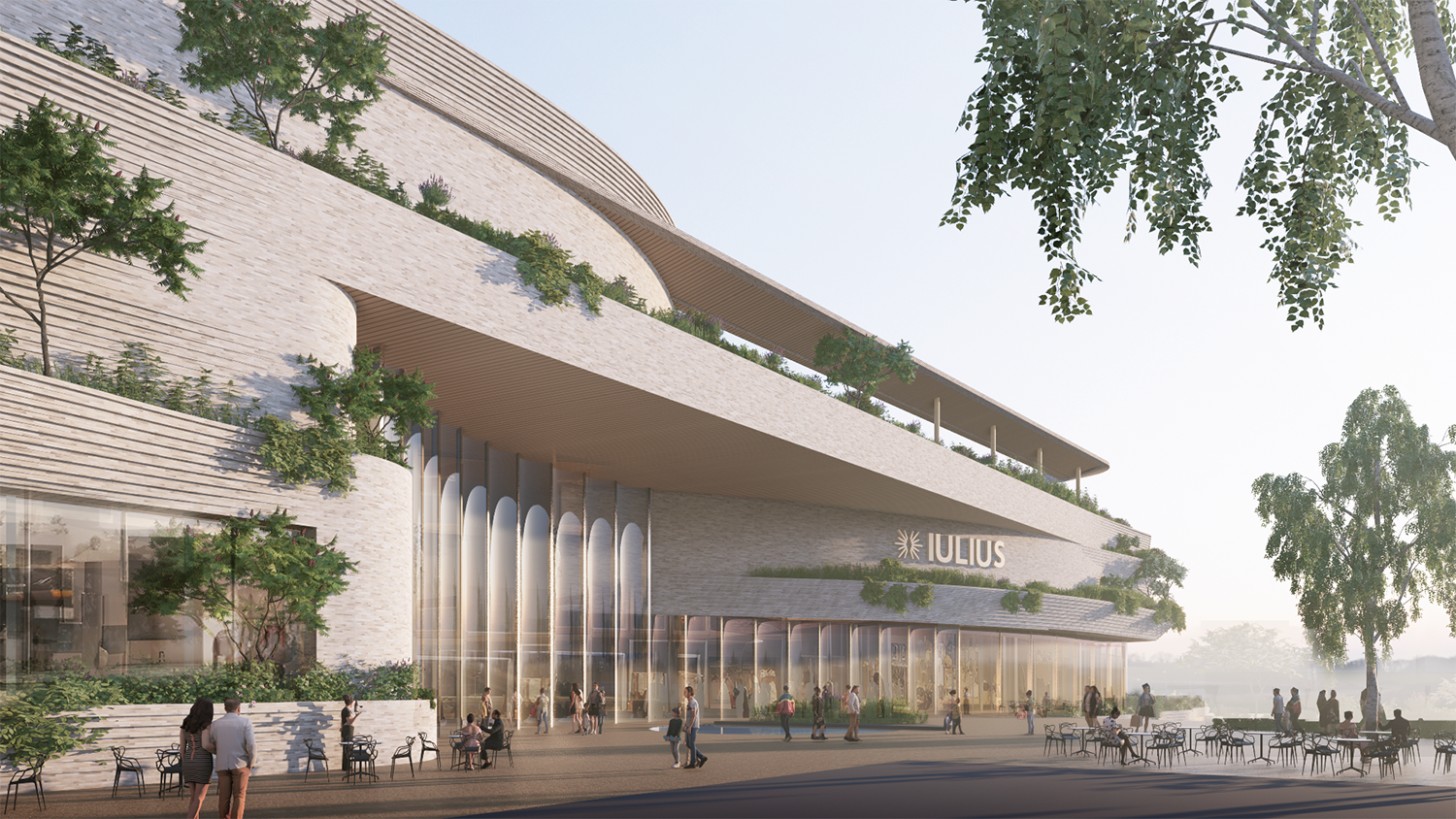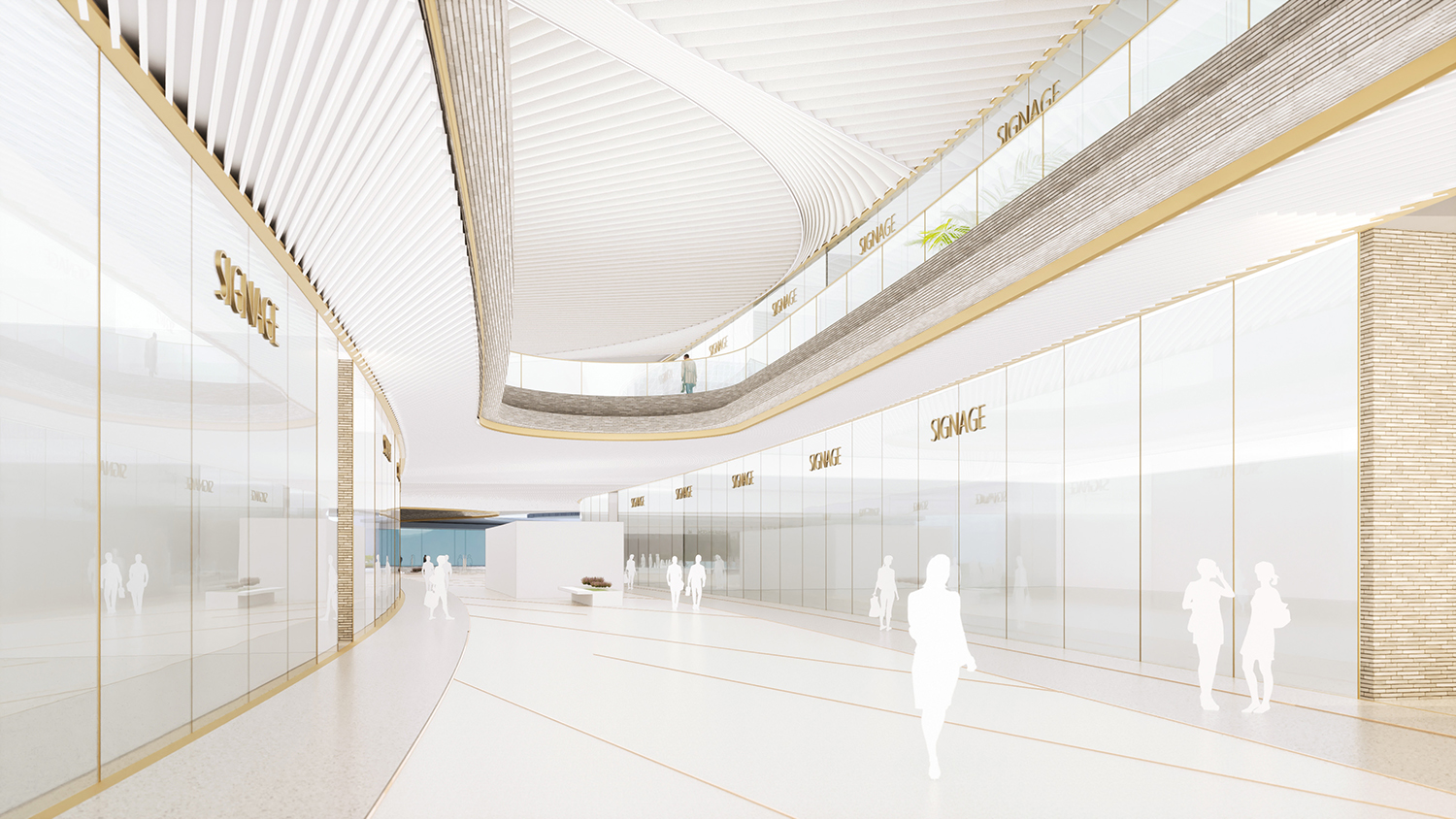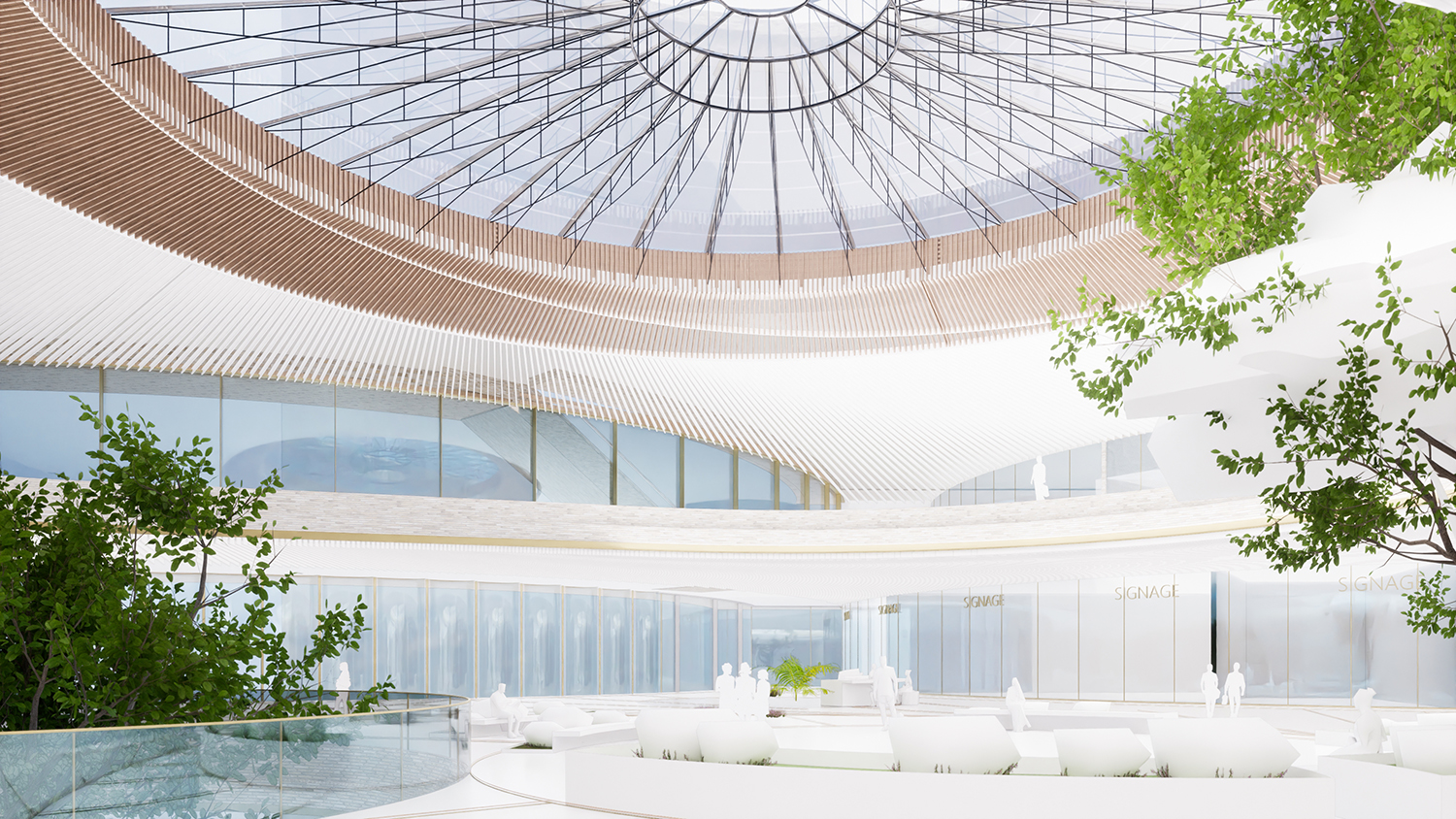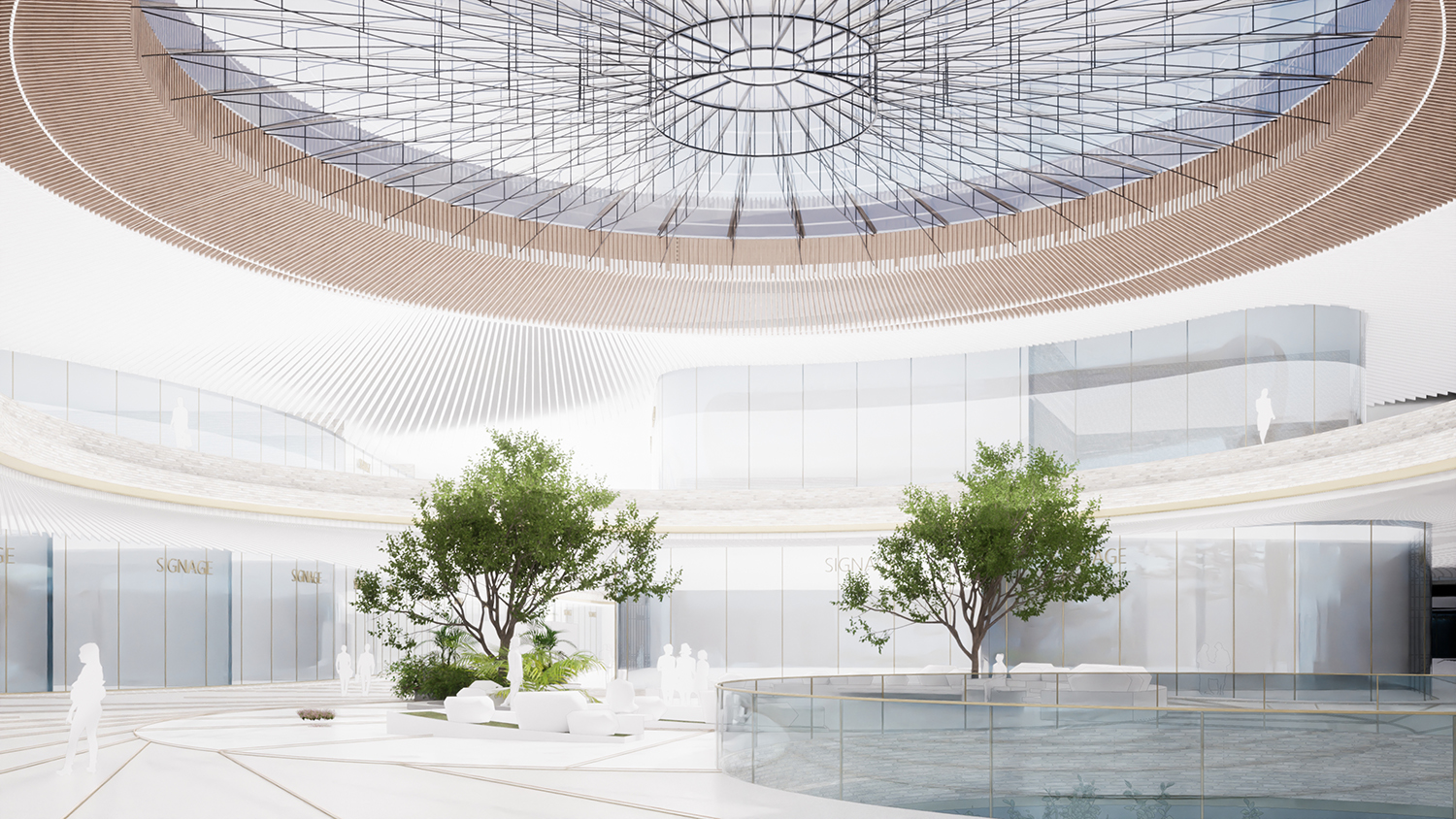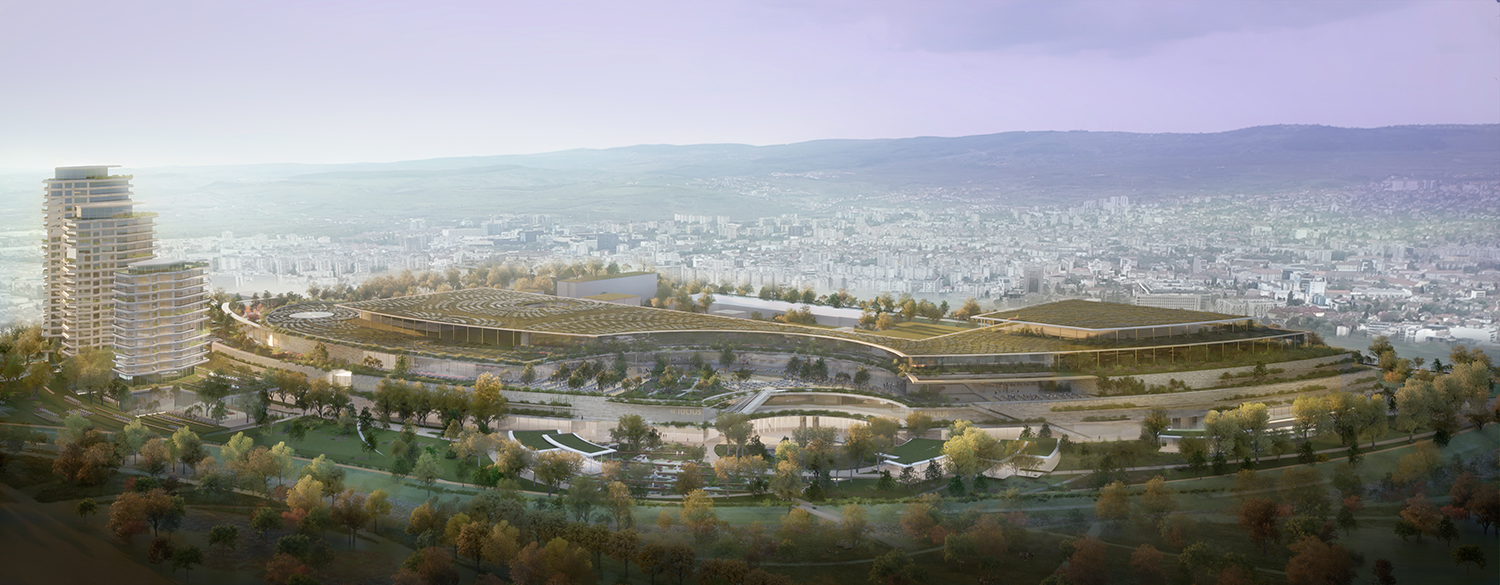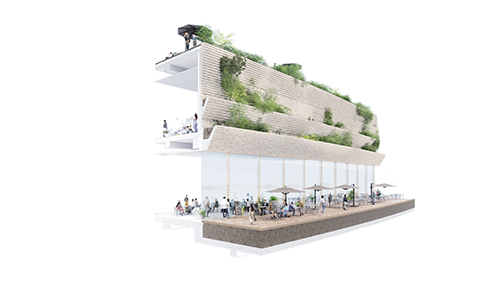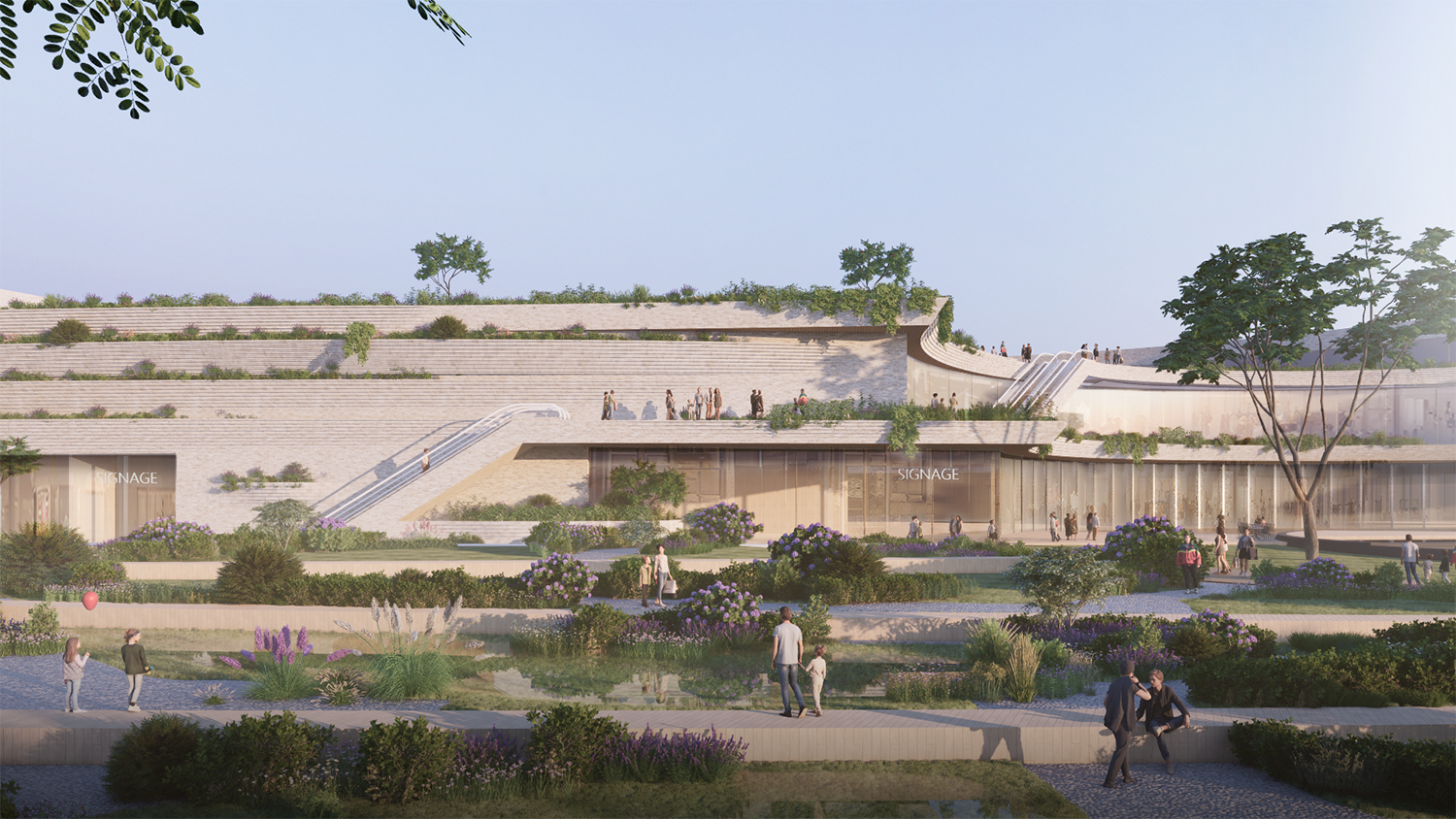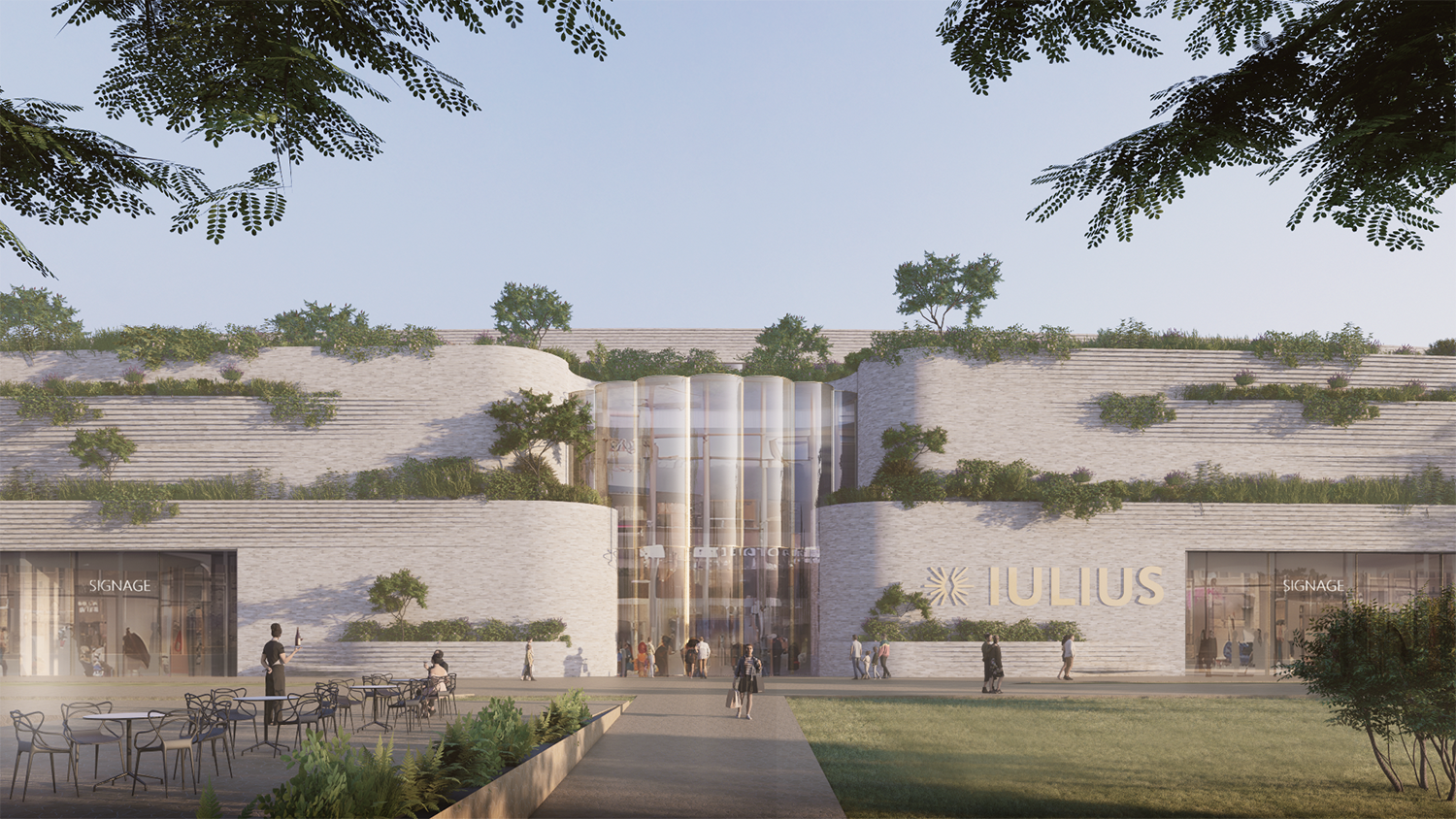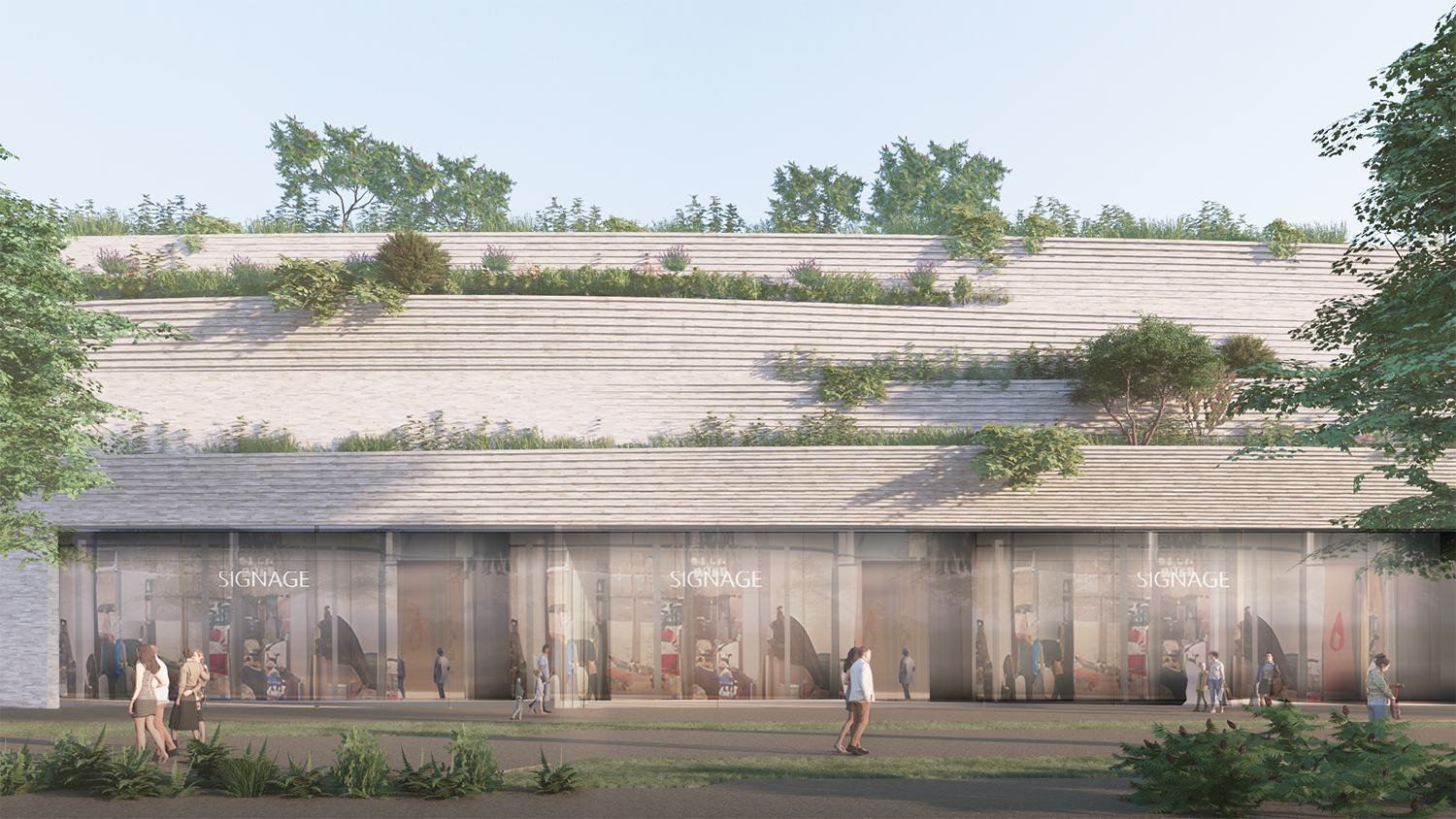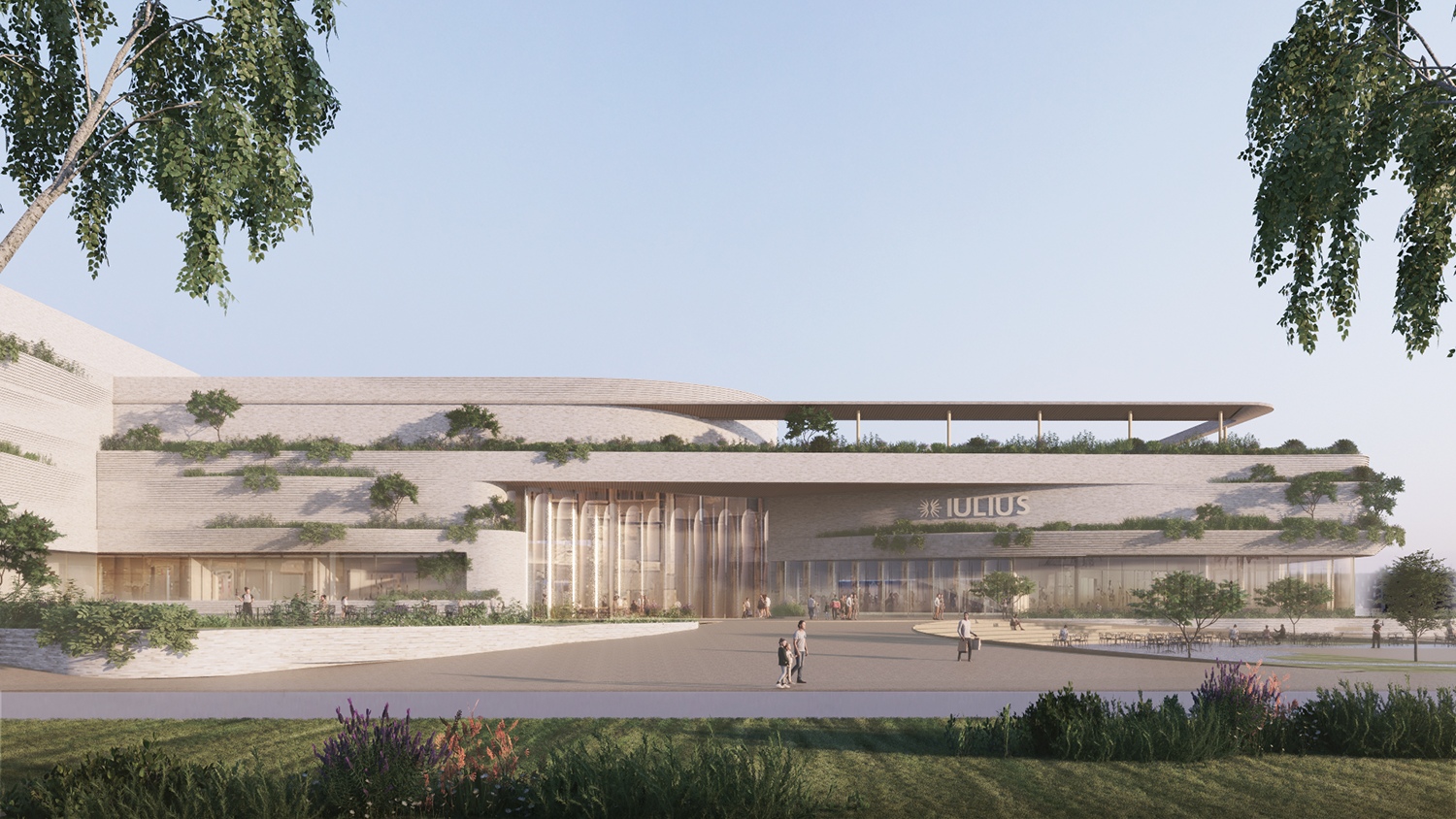Atterbury Europe’s biggest Romanian development to date, worth more than half a billion euro, is unfolding in the city of Cluj-Napoca. Head of Developments for Atterbury Europe Roux Gerber provides us with a look behind the scenes.
What is the current status with the project and what are the current priorities?
Allow me to give a short recap of this exciting project, which is referred to as the Rivus Cluj Mixed-Use Development. The scheme comprises a retail, fresh market, residential and office components designed in a masterplan that focuses on a green landscape sustainable environment alongside the Somes river. The retail space of over 100 000 square metres GLA is spread over four levels with ample secure underground parking. The mall is wrapped by a park landscape that links into the green river landscape vision of the city of Cluj-Napoca. Three free-standing towers on the northern side of the site will offer a combination of residential and office space. In addition, a fresh market produce facility will also be part of the experience at Rivus Cluj Mall.
It is also important to understand the timelines of the project. Construction is planned to start towards the end of this year and should take around two and a half years to conclude.
On the technical front, the project is in the final-concept stage, which means that a professional team has performed the required studies and designs to a level where the concept is aligned with the planning rights and projected project viability.
In terms of development, the land is fully secured and the development-rights process – PUZ (“zonal urbanistic plan”) is in the final stages of approval. All the required studies and applications, as required by the PUZ process, have been completed and submitted.
As for leasing, the project has received overwhelming support from all the retailers, and we are in advanced discussions on more than 80% of the available space. The lease process is spearheaded by the experienced Oana Diaconescu from the Iulius Group and Atterbury Europe actively participates in the process. This response from prospective tenants so early on is exceptional.
The priorities for the development are threefold – to finalise the development rights, continue the design and documentation processes into executable formats for construction and firm up the leasing commitments.
Atterbury Europe is known for its strategy of forming fruitful partnerships to maximise development possibilities. Can you give us your perspective on how the Atterbury Europe/Iulius Group relationship is playing out in making the Cluj-Napoca mixed-use project unfold successfully?
The working relationship in the development process is based on adding value in areas of expertise as a unified team where experience and local dominance are combined into a winning formula. The arrangement is that Iulius Group takes the lead role and the Atterbury Europe team participates and provides support on all levels of the development process, from concept, financing, leasing, cost controls to construction execution. Having had the opportunity to work together and deliver on the Iulius Town mixed-use development in Timisoara, Atterbury and Iulius have set the foundation for growing the relationship to higher levels in delivering the Rivus Cluj Development.
Has the war in Ukraine delayed the conclusion of this exciting development and if so, have you been able to recover the planned timelines in the 8 months since?
A project of this magnitude and complexity entails a spectrum of elements and events that had to be carefully coordinated and managed within the current volatile business environment. The volatility was caused by the after effects of Covid, and then amplified by the conflict between Ukraine and Russia. So, the short answer is yes, the war has brought different perspectives and views into play which mainly relate to additional cost risk factors. In other words, things got more expensive and procurement times got longer. But has the war delayed the project implementation process? Not directly as the programmed activities relating to the land assembly, planning and design processes continued as per the original plan.
Does the fact that the war is still ongoing present any further challenges for the project, and for the property development industry as a whole in Romania?
The real question is how long the war will prolong this volatile business environment – we are already seeing some recovery in the construction pricing index and material procurement times. The biggest risk for the project is in the execution of works (construction) within a set budget and timelines, which also relate to having the required skilled labour available. The war may further affect the supply chain, but alternative solutions are already being considered to minimise or even mitigate the possible impact on cost and time.
The war has had a direct impact on the real-estate market in Romania due to the inflow of refugees and businesses relocating from various conflict areas to safer havens. Rental prices have escalated, with almost no stock in the market. This applies to both residential and office markets. Even the retail market has seen increase sales and international schools have also benefited from the situation.
What does this development mean for Atterbury Europe, and how will it impact on the company’s footprint in the region?
The Rivus Cluj mixed-use development will not only be a landmark project in Romania, but it is also certain to become a destination in the whole of Eastern Europe. It is one of the biggest developments currently in execution in Romania. Romania is a focus country for Atterbury Europe, and this development will further cement the Atterbury Europe/Iulius Group dominance in the secondary Romanian cities outside the capital, Bucharest.


